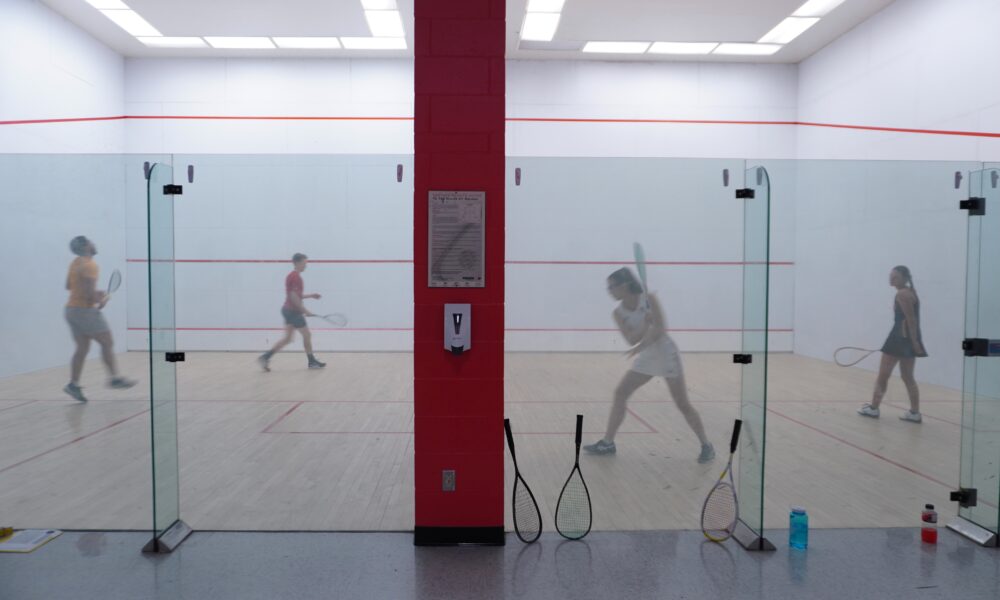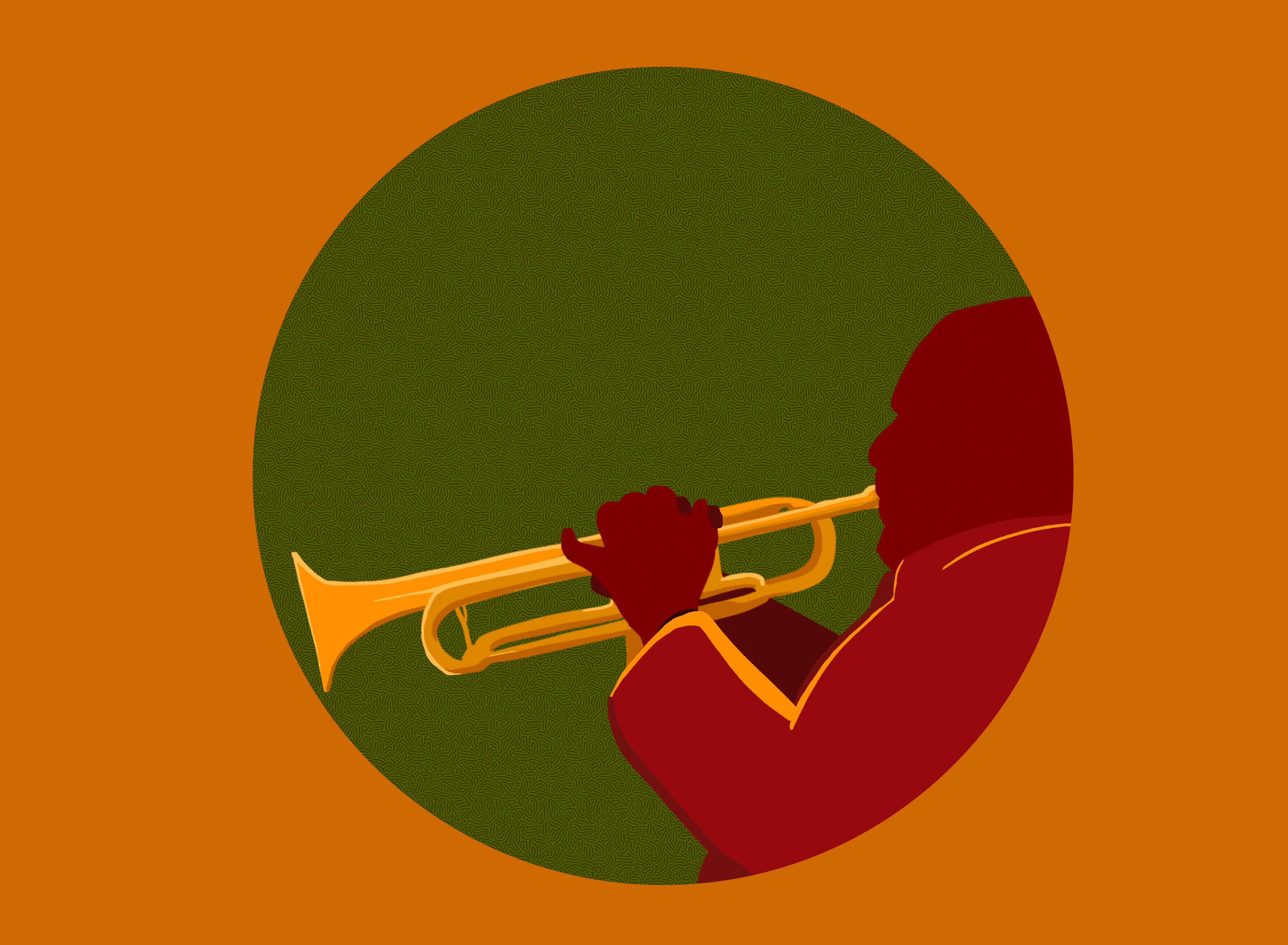The McGill Women’s Squash Team has emerged as one of the most successful in Canada since the COVID-19 pandemic. The players have rebuilt their team and gone on to capture two consecutive Jesters League Championships in 2024 and 2025. This year, they are aiming for a third straight title—all without varsity status.
McGill Squash Head Coach Yvon Provençal explained in an interview with The Tribune just how involved the players are in overseeing the team.
“[The team members] select good leaders for captains who take care of the organization,” he said. “I do the coaching, but [the students] organize. [….] We’re getting some of the top players in North America.”
Unlike varsity sports like football, hockey, basketball, or soccer, squash at McGill is classified as a ‘club sport.’ As a club sport, the team receives no university funding and cannot attend some official competitions.
Each year, the Women’s Squash Team plays in the Jesters League, a competitive Ontario league of 10 universities. The league features four meets over six months each season. Two are sectionals, where two teams compete, and two are crossovers, where all teams gather to play.
Despite winning the Jesters for two years straight—and therefore proving the team’s ability to compete with, and often outperform, teams in the Ontario University Athletics (OUA) league—the Women’s Squash Team is unable to participate in the OUA Championships due to their lack of varsity status.
Sofia Llewellyn, co-captain of the McGill Squash team, explained how frustrating this exclusion is in an interview with The Tribune.
“I think our biggest [question] is why can’t we just play in the OUA?” she asked. “We’ve played all the teams in [Jesters] and beaten all of them. We are unofficially the best women’s [university] team in Canada.”
Former team captain Ava Bicknell added in an interview with The Tribune that the team feels stuck.
“I think we’re still at a kind of stagnation where we can’t go much farther until we get the varsity status,” she said.
Squash’s lack of varsity recognition affects more than just its competitive opportunities, Llewellyn explained. Without university funding, the team must handle every administrative detail on its own, from organizing travel and accommodations to fundraising for tournaments.
“We have to drive on our own to get to tournaments,” Llewellyn said. “And then we stay at hotels that are far away from [the tournaments] because they’re cheaper.”
Despite these challenges, the team has also worked to raise funds on campus. Bicknell shared that the team hosts events to teach McGill students squash, and takes an active role during McGill24, the university’s annual fundraising and community engagement day.
“McGill24 is a big, big thing for us,” Bicknell said. “I think bigger for us than some of the other varsity sports because we solely rely on [that event] for money.”
The team’s accomplishments have not gone unnoticed. Llewellyn pointed out that Squash Québec has donated to the McGill team over the past few years during McGill24 to show their support. The team also earned a sponsorship deal with Dunlop.
However, this year’s team has still reached out to McGill Athletics about earning varsity status; according to Llewellyn, a review of all McGill teams will take place this semester to determine which programs receive this status based on team performance, among other criteria. Due to funding limitations, only a select number of teams will be classified as varsity.
“It’s a lot more difficult to get the varsity status than people may think,” Llewellyn said.
The team, per Bicknell, is encouraging all McGill students to come support them at their first sectional on Oct. 4, held at the McGill squash courts near the B2 Gym.
“It helps raise awareness that we have a team, that we’re a strong team, and it puts some respect on the sport,” she said. “For us, the main thing is being a student and an athlete. Let us relax a little bit and not have to handle all the organizing, travel, and fundraising strictly on our own, but have McGill bear some of that burden as well.”









